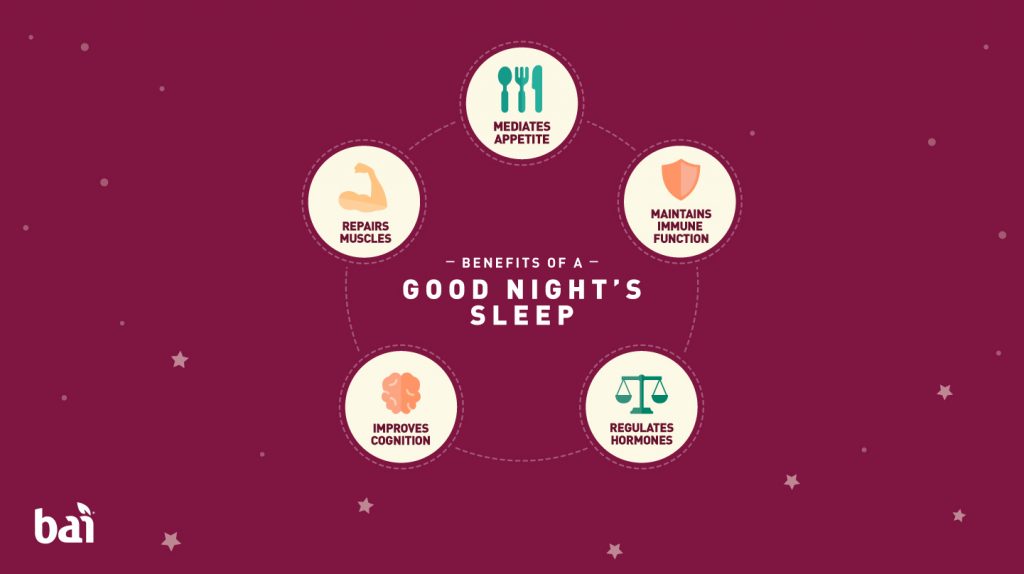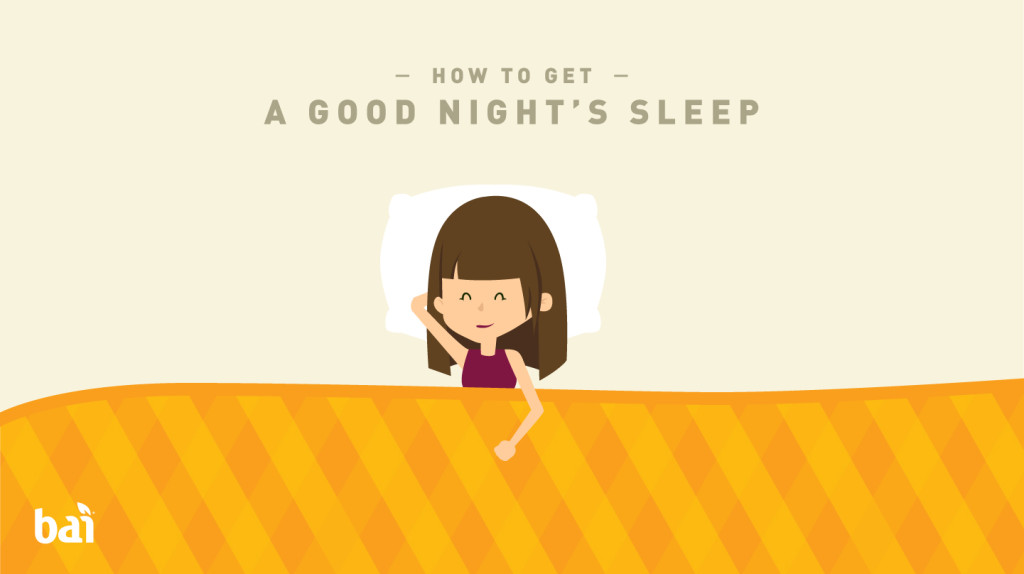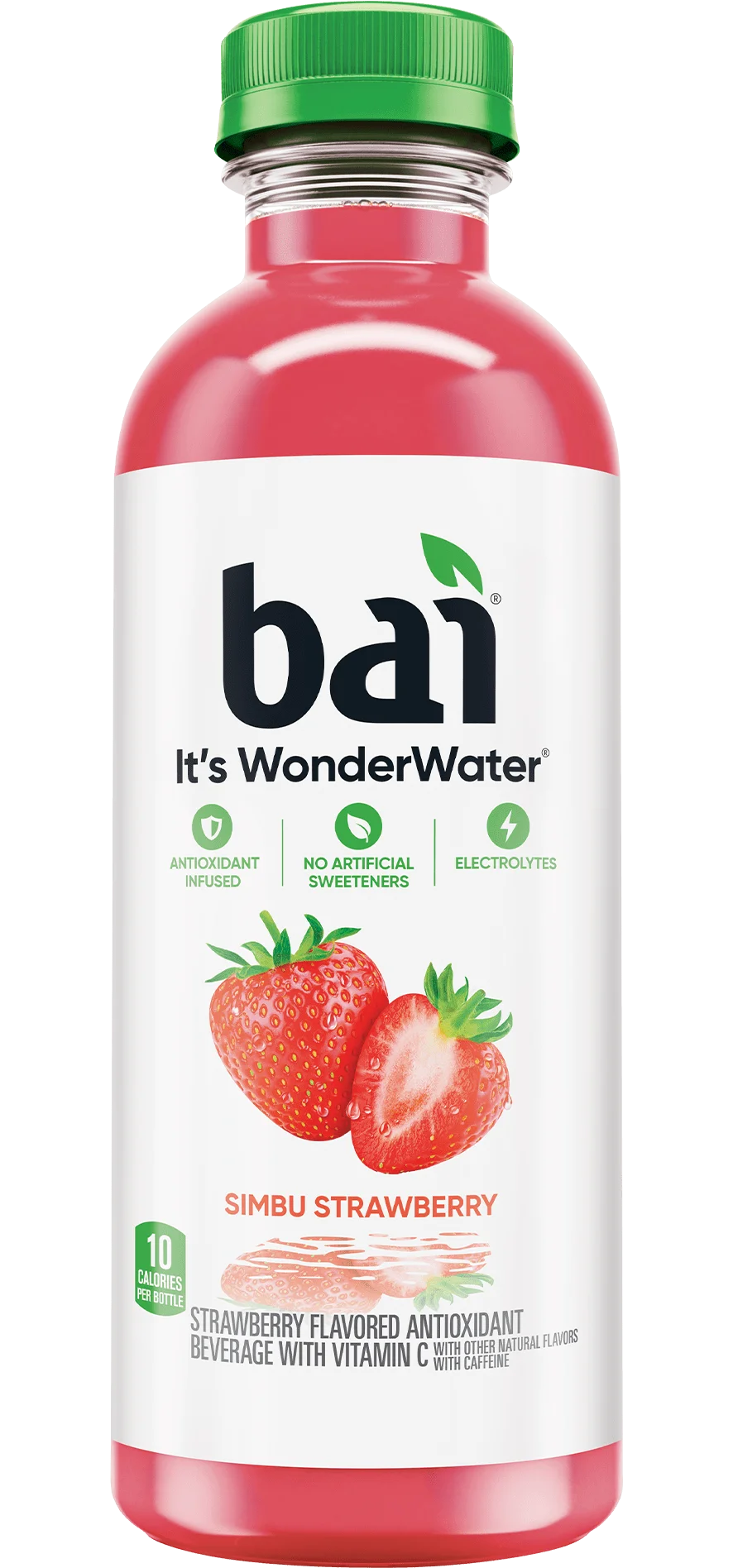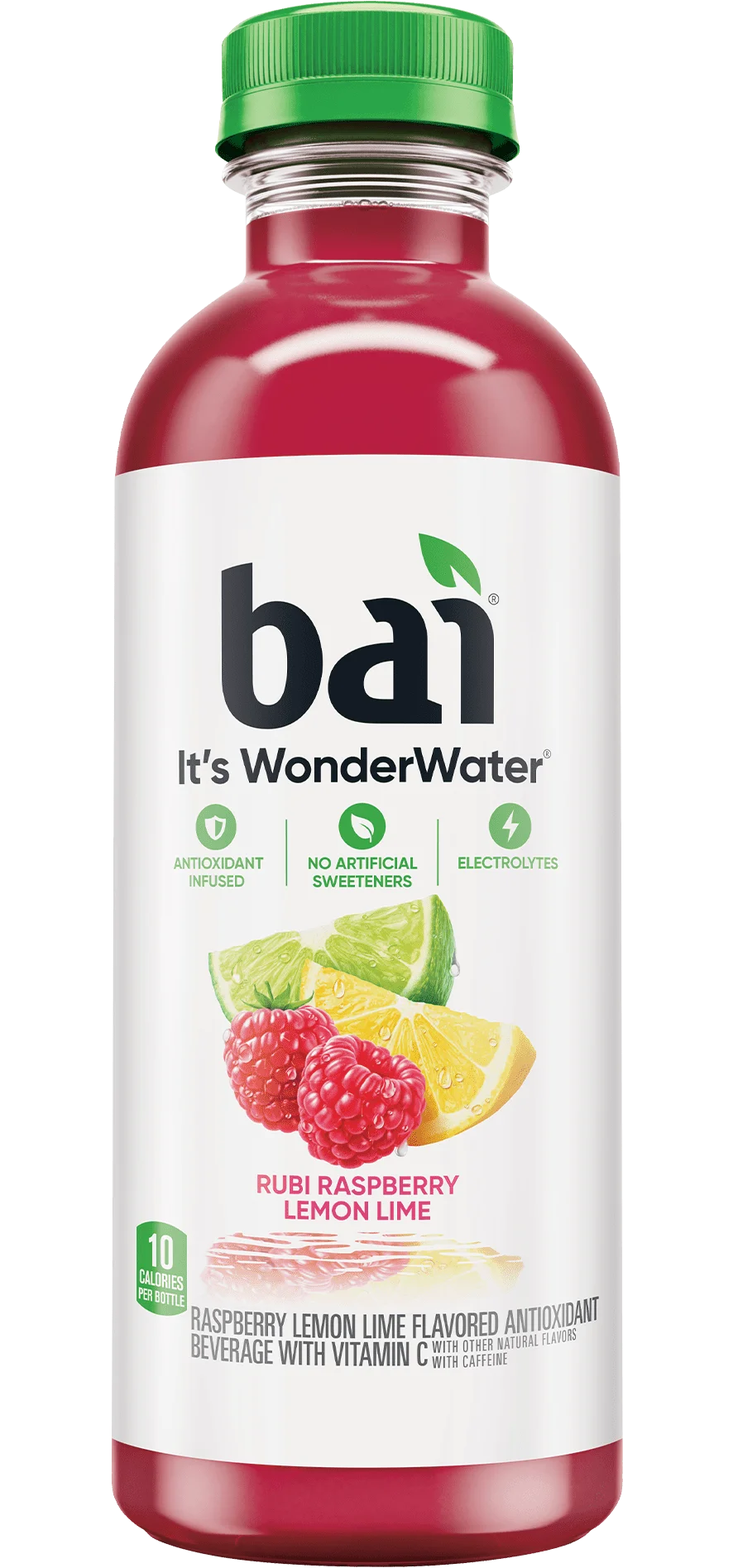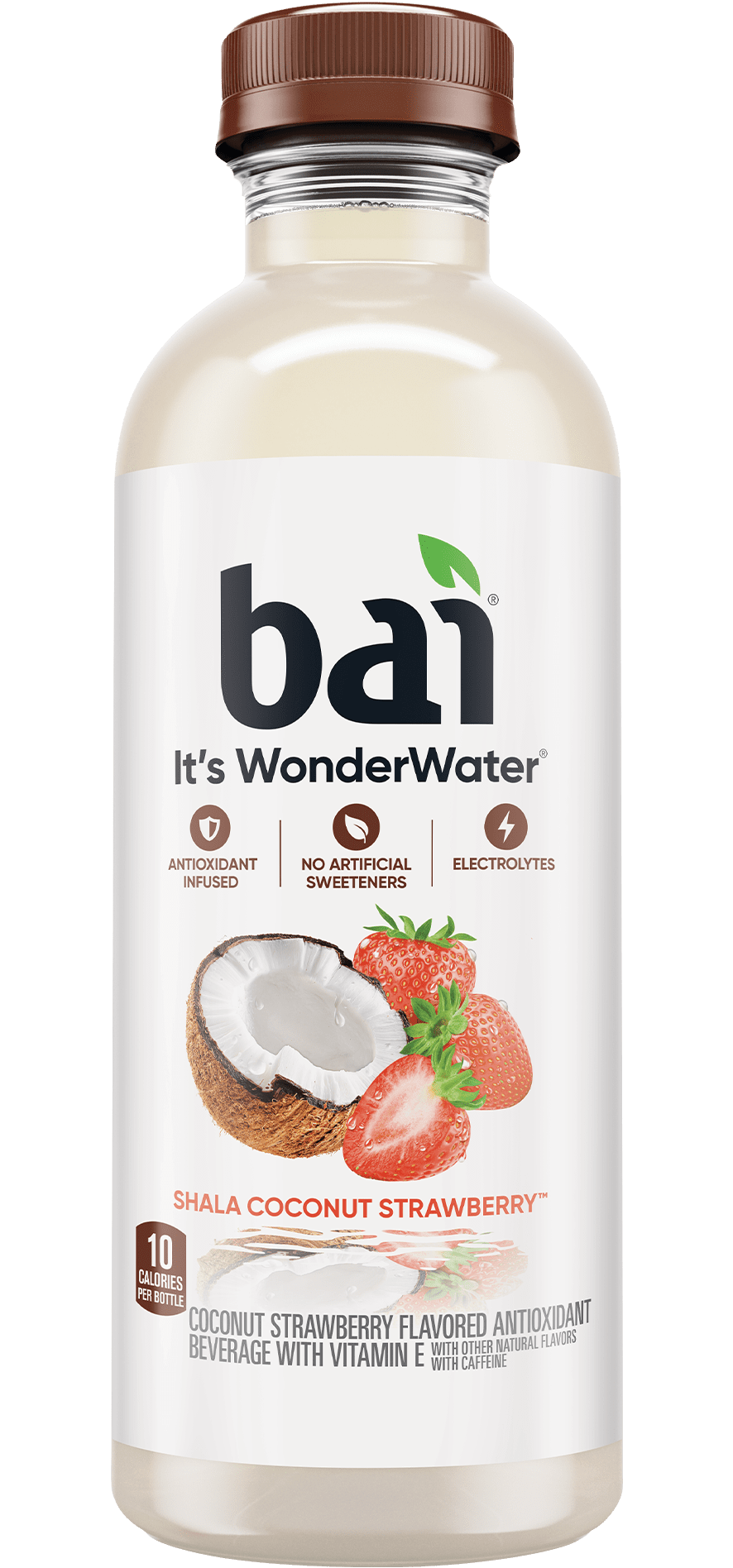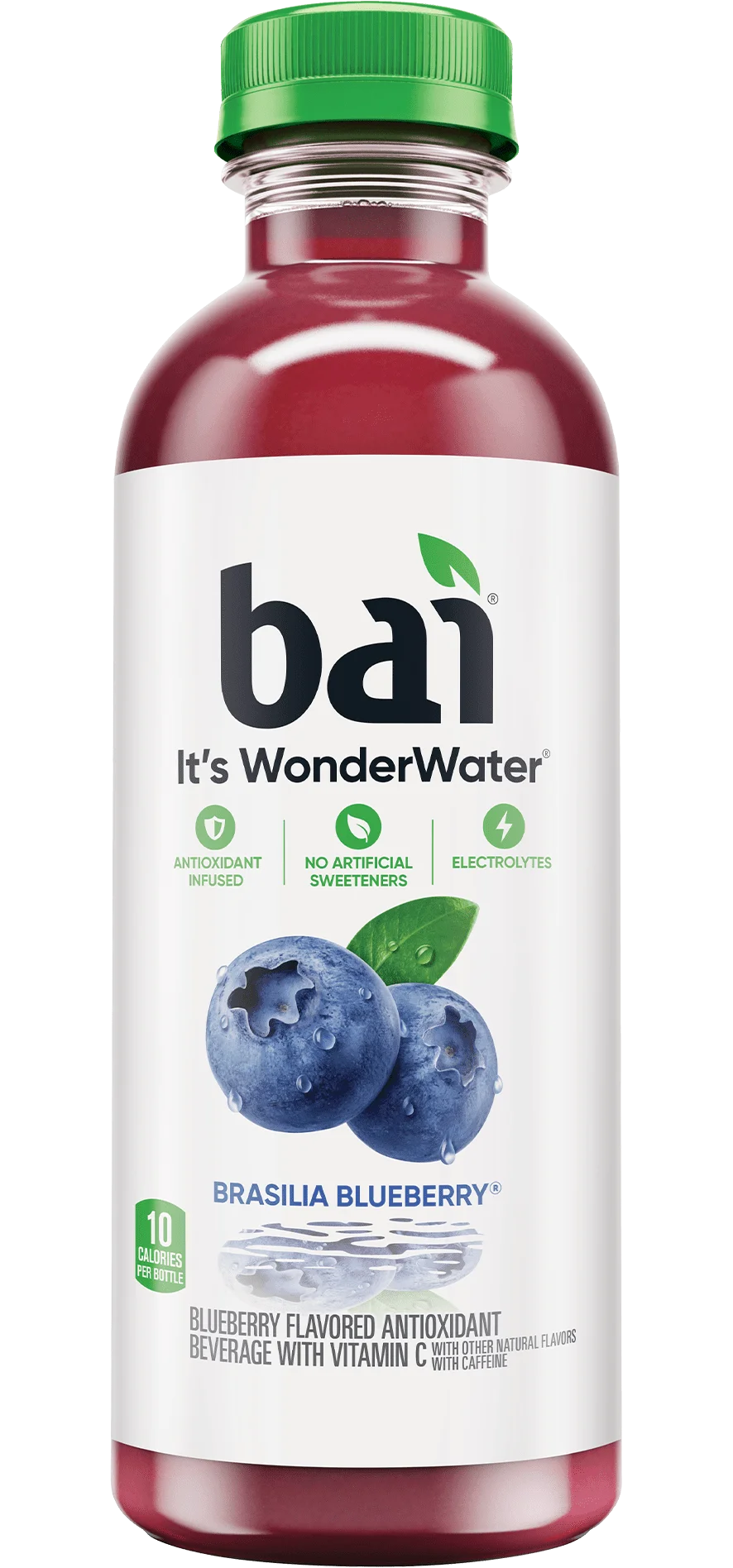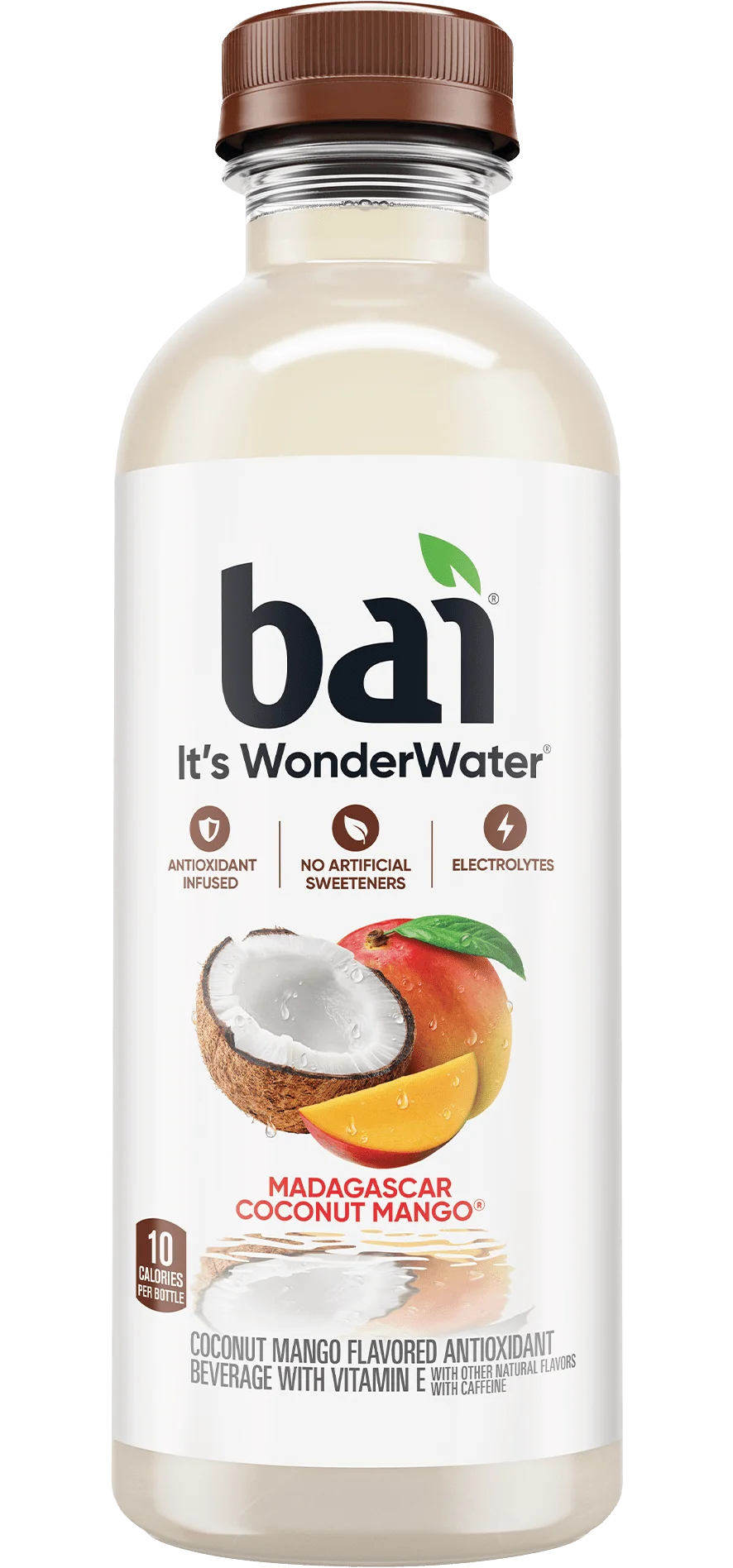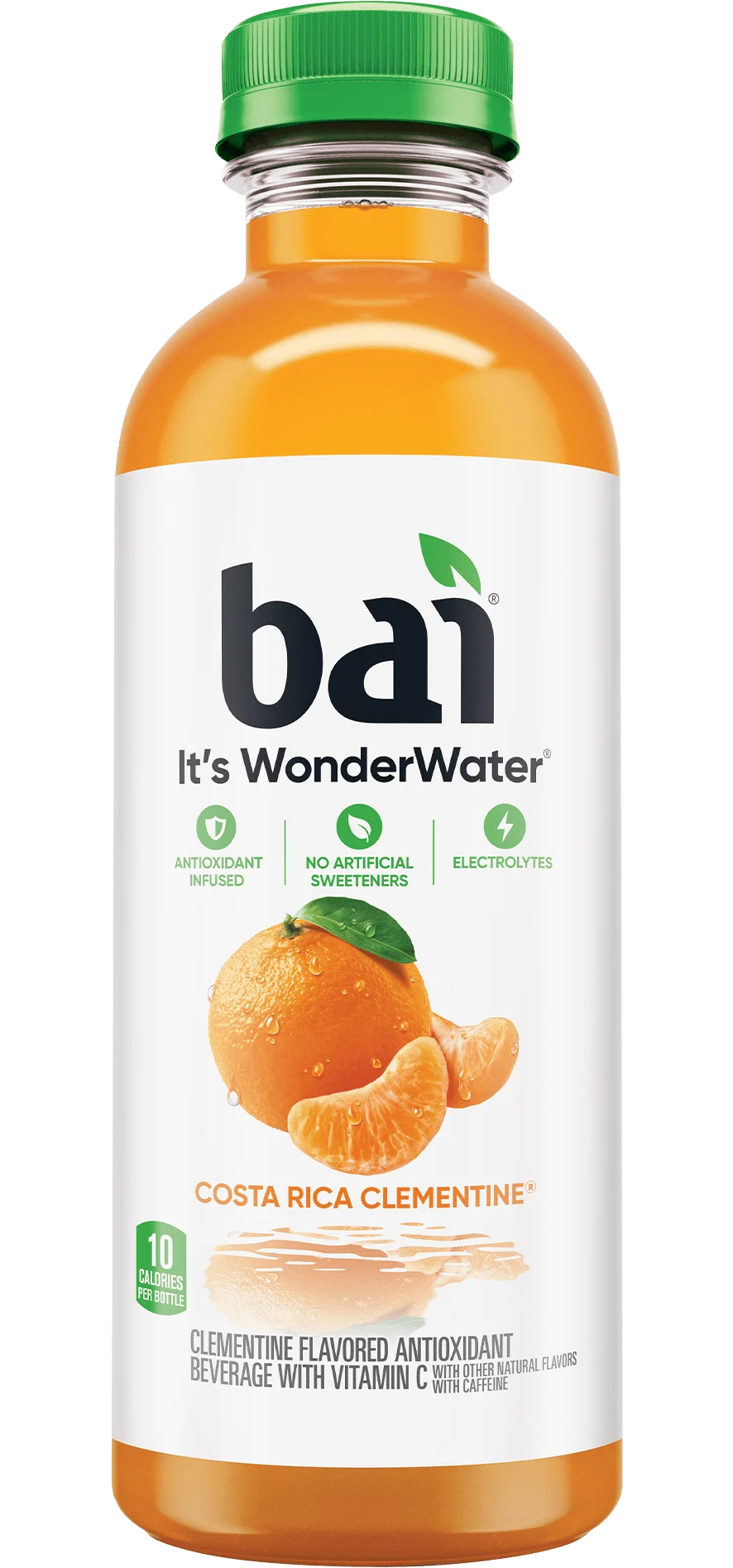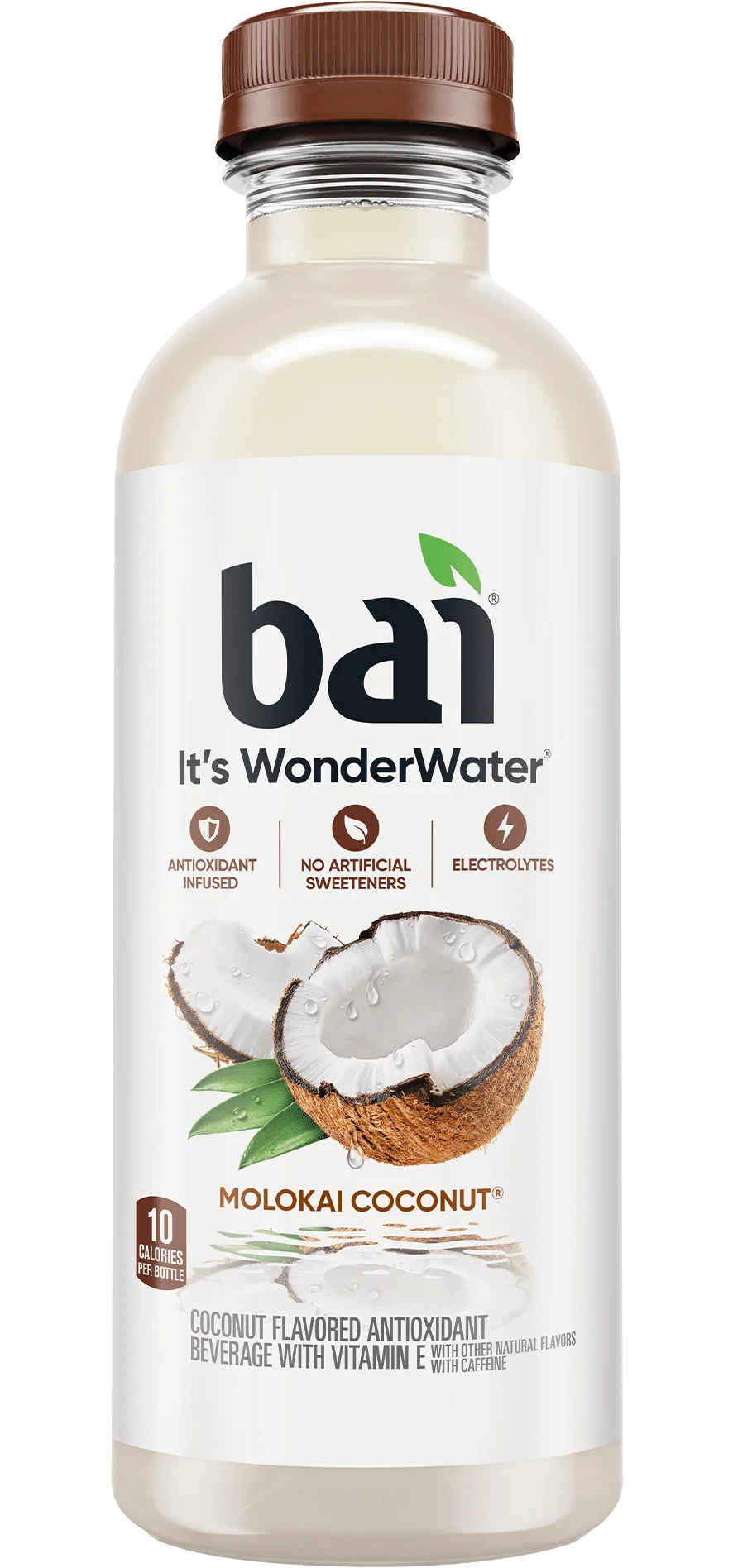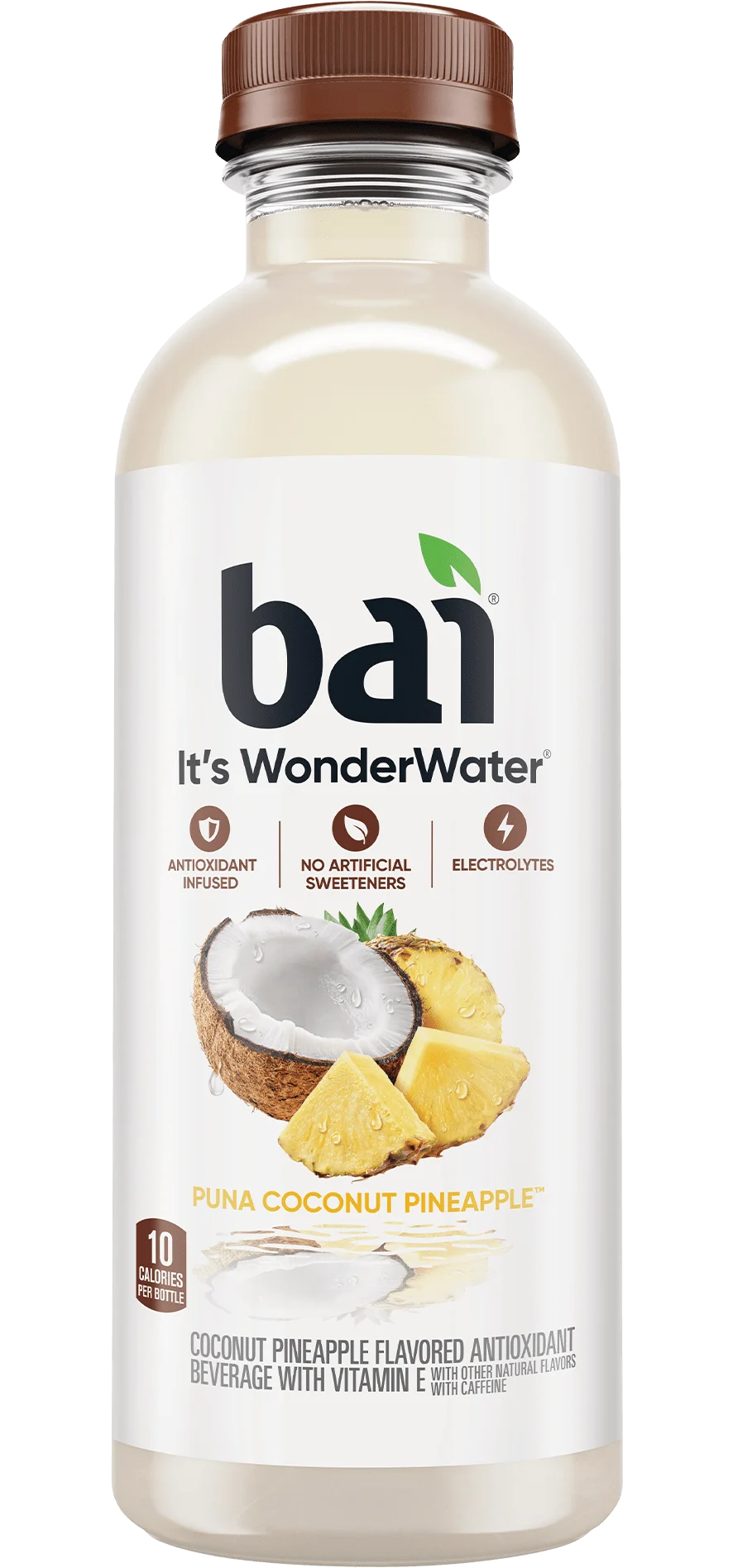There’s plenty of health-related fortune cookie wisdom out there: ‘Drink 8 cups of water a day.’ ‘You are what you eat.’ ‘Sweat once a day, everyday.’ And here’s our contribution to the less-than-profound health intervention scattered across the internet in tiny blog post-sized pieces: ‘get plenty of sleep.’ Mind-blowing.
We’re well aware of the fact that nobody out there is purposely depriving themselves of sleep just for kicks. At least we hope. But there are for sure those of us who brush a good night’s sleep aside to tend to other seemingly more important tasks. News flash: proper rest is one of the most important things you can do for your body and mind. Feeling sick? Sleep. Can’t focus? Sleep. Breaking out? Sleep. We’re crackin’ out of the cookie on this one and bringing you some heavy health info that you can take to the bank (in your dreams). Ideally this post won’t put you to sleep. But how ironic would that be?!
The Stages of Sleep
You know how some nights you wake up ready to seize the day with a giant smile on your face and plenty of ‘hellos’ to pass out to strangers and other nights leave you feeling like a scrambled egg as you roll out of bed? That’s because not all sleep is created equal. Sleep occurs in stages of a cycle that (ideally) repeats itself every 90 minutes.
- Stage 1: That weird limbo phase of sort of being asleep, sort of just spacing out
- Stage 2: Falling deeper into sleep, body temp drops slightly (which is why being in a cool room helps you fall asleep)
- Stages 3 and 4: Deep sleep, blood pressure and breathing speed drop, muscles are relaxed, increased blood flow to muscles, hormones are released
- REM: Energy is supplied to active brain, dreams occur, Rapid Eye Movement takes place
Going through all the phases is known as the REM Cycle. Things like alcohol, light in your bedroom, and eating certain foods before bed can alter your ability to enter all stages of the REM cycle. And when not all stages get their time in the limelight, your feelings of restfulness suffer. If it feels like you might have gotten up on the wrong side of the bed, you might have just interrupted a deep sleep stage. 20-minute power naps are so successful because you don’t quite hit the stage 3 mark; you get some rest without telling your body to power down for a full night’s worth.
Sleep and Your Hormones
One study found that people who were sleep deprived had big time trouble maintaining proper insulin levels, and therefore blood sugar (link to sugar post). Some subjects’ blood sugar even resembled that of type II diabetes. High blood sugar can cause damage all over your body, energy crashes and intense cravings. And those cravings’ brainwashing power is even stronger when you’re lacking sleep.
Next time you get a less-than-great night’s sleep, pay attention to your appetite throughout the day. Are cravings stronger? Does hunger come on quicker? Your minimal face time with the pillow is largely to blame. Studies have shown that short sleeps decrease leptin (a hunger controlling hormone) levels and increase ghrelin (an appetite increasing hormone) levels. If you’ve heard that sleep is essential for people looking to lose weight, that’s partly why.
Cortisol levels also increase when you’re extra sleepy. Cortisol is known as ‘the stress hormone’. Sound like something you want pumping through your body in high doses? We think not. Chronically high levels of cortisol can lead to premature aging, immune system suppression, and dehydration. So do your body a favor and hit the hay.
Sleep and Your Muscles
Since your muscles are relaxed during sleep (especially stages 3 and 4 of the REM cycle), arteries and veins can dilate, allowing for additional blood traffic. This increased volume of blood brings extra nutrients and oxygen to your muscles for repair while taking unnecessary (and potentially toxic) cellular waste away. And as we said before, without a good night’s sleep, cortisol levels bump way up. And a high-cortisol environment can actually promote muscle breakdown rather than repair. Aw heck no! Go warm up some milk and tuck yourself in. Your muscles are begging you.
Sleep and Your Brain
We have some breaking news for you. Hold onto your hats. Ready? Sleep deprivation makes you tired. Told you we have some fortune cookie wisdom to spare. But what does being ‘tired’ actually refer to? As it turns out, sleep deprivation interferes with memory (short and long term), decision making, and attention span. Researchers have also found that people with restricted sleep were more stressed, angry, sad, and anxious. Cranky, tired people are definitely not as fun to be around as cool, calm, and collected people. Can I get an ‘amen’? And an eye mask and a fluffy pillow and a white noise machine and turn the lights off on your way out please.
Are Your Bedtime Habits Sabotaging Your Sleep?
Reading and ‘Gramming
To put it simply, reading from a book with paper pages before bed is totally fine, but reading from anything with a screen can really impact your slumber. One study showed that people who had a screen in their hands before bed took longer to fall asleep, spent less time in the crucial REM stage of sleep, and took more time to become fully alert in the morning. Moral of the story: stick to paper books for your evening read, and creep all necessary social media before you hit the sheets.
Bedtime Snack
Total bummer, but certain foods are a no-go before bed if you’re looking for a good night’s sleep (which you most definitely are). Fat takes longer to digest than most other food components, so eating high-fat foods like potato chips and ice cream before bed can keep your digestive system working overnight. This keeps your body from entering total rest mode. And while it may not be a ‘snack’ per se, drinking alcohol at night increases your chance of waking up in the middle of the night and decreases your chance of entering deep sleep.
But some foods are actually sleep boosters. Cherries, for example, contain melatonin– the same natural sleep aid that you can buy from nutrition supplement stores. And it’s not totally your fault that your post-Thanksgiving sleep coma is more intense than those on other days of the year. Or at least we’re telling ourselves that. Either way, turkey contains tryptophan, a component of protein that helps promote sleep. Other tryptophan tanks include nuts and seeds, soy, eggs, and milk.
And if for some reason eating different cheese each night of the week tickles your fancy, try to remember your dreams in the morning. This study found that different cheeses influence different types of dreams. But no worries, the nightmare variety wasn’t one of them. Gouda news.
How to Figure Out What Works for You
Nothing, not even coffee, is an adequate replacement for a solid snooze. But one person’s nap is another person’s full night. To determine what gives you the best chance at capturing the sleep you need, embrace your inner angsty teen and write in your diary. Keeping a sleep journal can help you visualize sleep routines that do or don’t work for you. Keep track of your latest caffeine and food intake, your nighttime regimen, and time you roll in and out of bed. And the next day, jot down your alertness, hunger levels, mood, and anything else you think could be influenced by sleep. And if you find a pattern, bring it to your boss as Exhibit A in your case for why you need to sleep in an extra hour or two.

